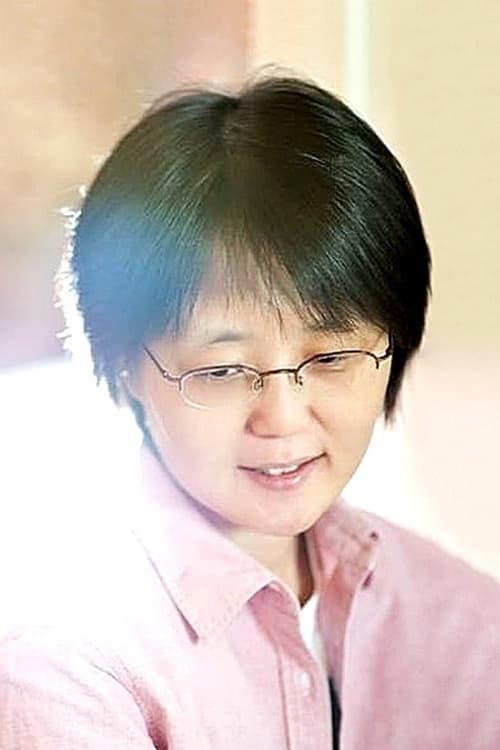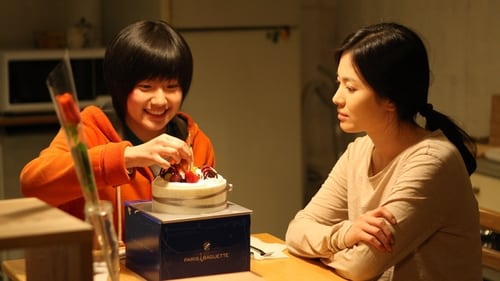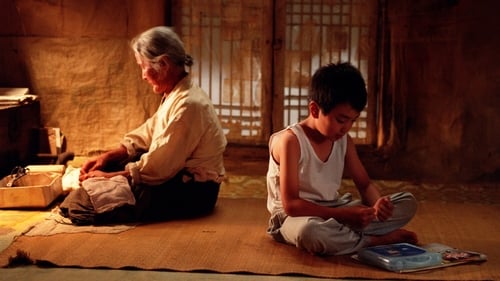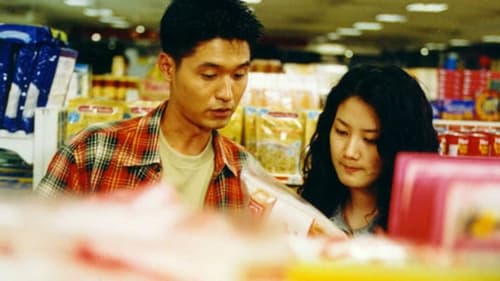Lee Jeong-hyang
Nascimento : 1964-01-01, South Korea
História
Lee Jeong-hyang is a South Korean film director and screenwriter. She is best known for The Way Home, a film she wrote and directed which won her Best Film and Best Original Screenplay at the Grand Bell Awards.





